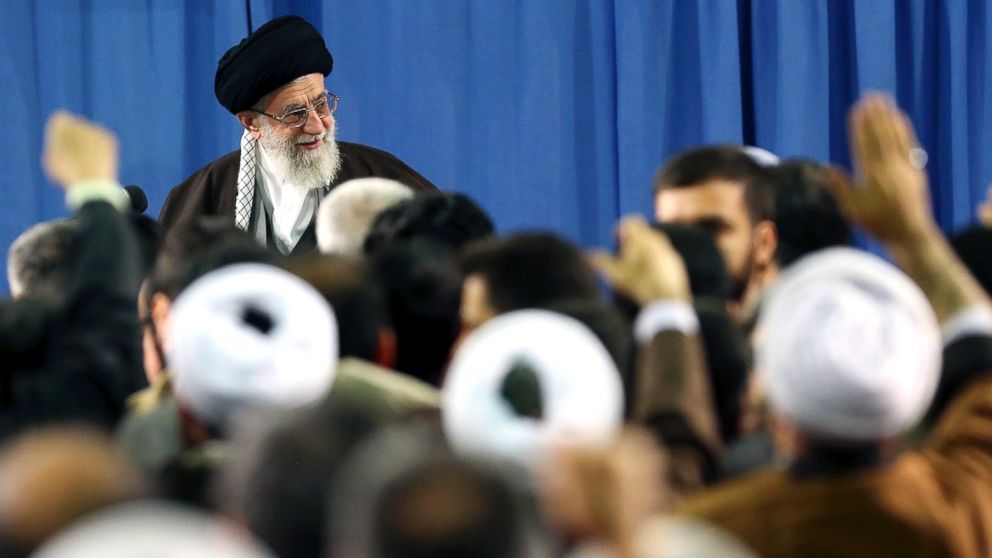Iran Nuclear Talks: As Deadline Nears, Sticking Points Fester
— -- With just over 24 hours until the deadline for negotiating parties to come to a political understanding about ending Iran’s nuclear weapons program, the most contentious issues within the talks have yet to be resolved.
Negotiators still have not reached an agreement on how many centrifuges might remain online at Iran’s deep buried Fordo nuclear reactor, whether or not Iran will be allowed to continue nuclear research and development for scientific purposes, and what to do with the stockpile of enriched uranium already owns, officials said today.
In what many observers see as a downgrade from the optimistic outlook at the end of last week, State Department spokesman Marie Harf said there’s a "50/50" chance a tentative deal could be reached. Speaking to reporters today in a teleconference from Lausanne, Switzerland, Harf said the mood is “serious” but that “there is still a path” to a deal.
“It’s like moving puzzle pieces around,” Harf said. “We have to find the right combination.”
Though the next deadline expires tomorrow, there is nothing that says the talks would have to stop if that deadline passes, according to the State Department. The November Joint Plan of Action technically extends through June 30.
“On April 1st, it’s not like something happens,” Harf said.
It's unclear, however, that talks would continue if a tentative deal is not reached by March 31.
Secretary of State John Kerry is in Switzerland leading the negotiations. State Department officials said he had hoped to back in Boston on Monday for a dedication ceremony at the new Edward Kennedy Institute, honoring the late senator from Massachusetts, who was a close colleague and friend of Kerry’s.
President Obama explained Kerry’s absence at the ceremony, then quoted John F. Kennedy in summing up the nuclear negotiations with Iran.
"Let us never negotiate out of fear. But let us never fear to negotiate," Obama said.
Meanwhile, at the White House, spokesman Eric Schultz addressed some of the sticking points in the negotiations, pushing back on reports that Iran has reneged on its pledge to export much of its stockpile.
“The idea that there had been an agreement that Iran backed away from is not true,” Schultz said. “Nothing is agreed to until everything is agreed to.”




